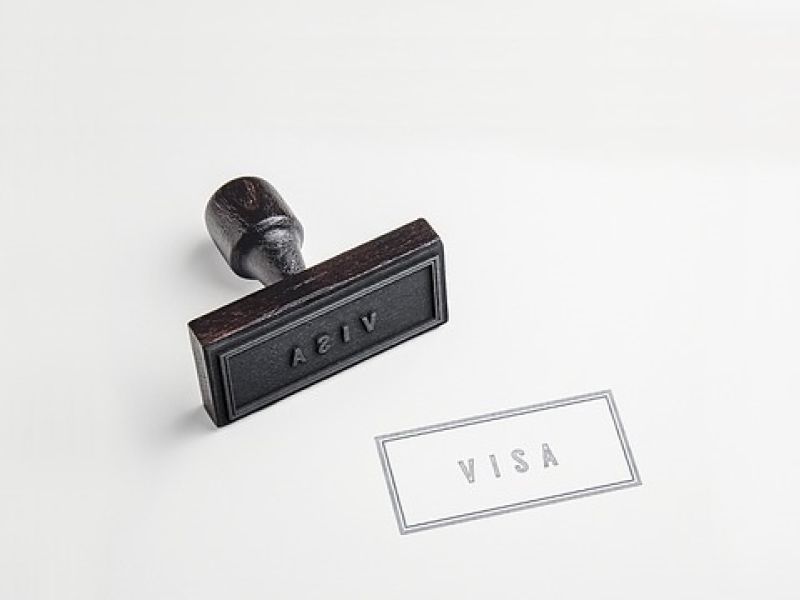Bulgaria - a country best known for its tourism with its hot spring spas and Black Sea beaches - has flown under the radar when it comes to links to the trade business. But this small country, which is almost half the size of the UK, is beginning to forge its own strong reputation in the import and export industries.
Bulgaria’s Export Industry
In 2020, the Republic of Bulgaria shipped over 31 billion US dollars’ worth of goods around the globe – a jump in exports of almost a fifth in only four years.
Over 77% of Bulgaria’s exports were delivered to fellow European countries (mainly Germany, Romania, Italy, Greece and France) while nearly 16% were sold to importers in Asia. Africa receives 3.4% of exports while North America receives around 2.6%.
According to the latest figures, copper was the fastest grower among the top 10 export categories in Bulgaria, up by 15.9% from 2019 to 2020 but the main products which are currently the most successful exports for Bulgaria are:
- Electrical goods: $3.5 billion (11% of total exports)
- Copper: $2.7 billion (8.7%)
- Machinery including computers: $2.7 billion (8.4%)
- Mineral fuels including oil: $1.4 billion (4.5%)
- Cereals: $1.3 billion (4.2%)
- Vehicles: $1.2 billion (3.8%)
- Pharmaceuticals: $1.1 billion (3.6%)
- Plastics: $1.1 billion (3.4%)
- Ores, slag, ash: $1 billion (3.2%)
- Furniture, bedding, lighting, signs, prefabricated buildings: $780 million (2.5%)
Bulgaria’s Import Industry
Bulgaria imports are mainly mineral products, machinery and equipment, vehicles and car accessories, rubber and plastics, textiles and various chemical products. The country’s main import partners are Russia, Germany, China, Italy, Romania and Greece.
The Bulgarian National Customs Agency deals with all the imports and exports in Bulgaria which falls under the supervision of the Bulgaria Minister of Finance, including the Central Customs Directorate and eleven customs houses located around the country.
The National Customs Agency handles the legal framework and sets the customs legislation. As a member of the European Union, Bulgaria has to adhere to the European directives for general customs rules and international customs cooperation.
How to start a trade business in Bulgaria
When most people think of Bulgaria, they have an image of small traditional towns with delicately decorated old houses and cobblestoned streets but the epicentre of Bulgarian business and the economic hub of the country is the capital city Sofia.
Sofia is a perfect place to set up your import and export business as it’s the economic hub of Bulgaria and home to most major Bulgarian and international companies, as well as the Bulgarian National Bank and the Bulgarian Stock Exchange
A few years ago, Forbes listed Sofia as one of the top 10 places in the world to launch a business, because of the low corporate tax, the presence of several investment funds and facilities available in hubs such as the Business Park Sofia and Sofia Tech Park. There are also 16 industrial and logistics parks in Sofia and neighbouring towns such as Bozhurishte, Kostinbrod and Elin Pelin.
In order to start a trade business in Bulgaria, special permits are necessary for certain trade activities in the country. Bulgarian company formation experts can help you with detailed information about the legislation for different types of imported and exported products.
Compared to many countries, Bulgaria ranks very low on the corporate tax scale and a qualified chartered accountant will also help you to understand the finer details of the Bulgarian tax structure to keep you within the law. As well as extremely low taxation, you can also expect to find these advantages on offer in Bulgaria:
- No separate capital gains tax (gains on disposals are added to mainstream income)
- 0% withholding tax on dividends and liquidation quotas distributed by local entities to Bulgarian & EU resident companies; 5% in all other cases
- Double taxation treaties with more than 60 countries.
The best type of company to start a trade business is a Limited Company and the founders of the Ltd Company can be either local, foreign entrepreneurs or legal entities. The minimum capital required for a Limited company is just €1 and the great news for entrepreneurs wishing to open a company in Bulgaria is that company formation only takes approximately three weeks.
Please contact us on 0033 (0)1 53 57 49 10 or email us from our contact page if you’d like to discuss company incorporation in Bulgaria or need any further information about documentation and requirements including customs licences – we’ll be happy to help.







